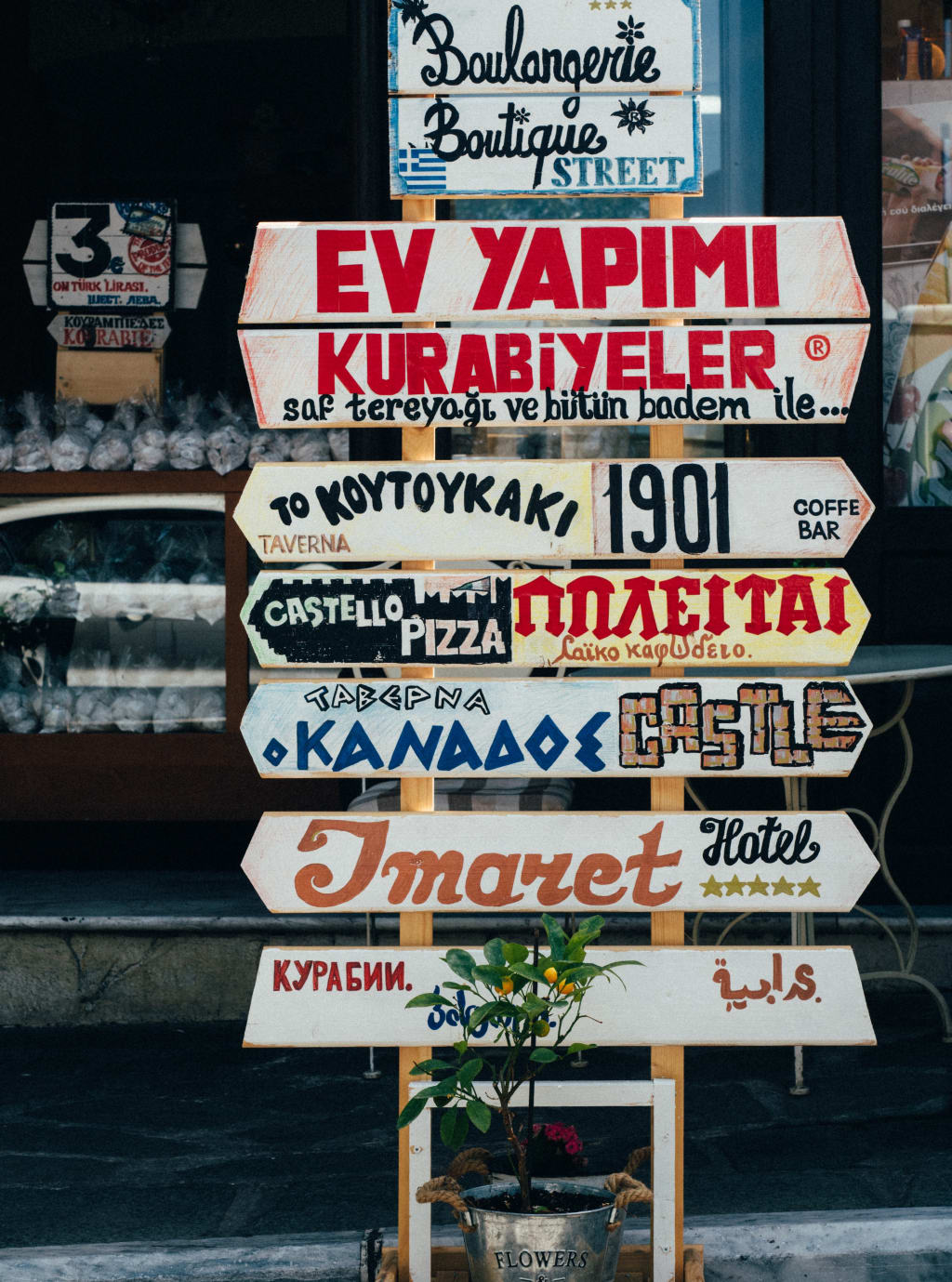
The various spoken forms heard around Bremen, Germany and Interlaken, Switzerland are considered regional dialects of German. But when someone from Bremen visits the Swiss Alps, the stories they hear among the locals may not make sense to them. Mandarin and Cantonese are also often referred to as dialects of Chinese outside of China. But they are also different from Spanish and Italian. On the other hand, speakers of Danish, Norwegian and Swedish, three recognized languages, can usually communicate in their mother tongue with little difficulty. And Turkish series broadcast without dubbing or subtitles are among the most popular programs in Azeri-speaking Azerbaijan. So when is a spoken form considered a dialect versus a language? It seems reasonable to classify the two speech styles as distinct languages or as dialects of the same language, determined by the degree of mutual intelligibility.
However, as we have seen, this is often not the case. Interestingly, the differences between languages and dialects are usually not related to pronunciation, vocabulary or other linguistic features. However, this is no coincidence. This is a matter of politics. The basis for what is considered an official language was the emergence of European nation-states around 1500. Many nation-states promoted standardized languages to create and maintain centralized government, clear territorial boundaries, and state-sponsored education systems.
The language type chosen as the default language is usually based on the language spoken in the capital city. And although other forms of representation have been preserved, they are often considered inferior. This tradition spread throughout the world through European colonization and into modern times. For example, Italy has at least 15 regional dialects. One of them, the Florentine dialect, became known as standard Italian in 1861, when Italy was politically unified. It was chosen because legendary writers such as Dante and Machiavelli used it in their original works. Some found it particularly desirable. In his later attempt to create a unified fascist state, Italian dictator Benito Mussolini made language standardization an important goal. His government promoted the standard Italian language while banning other forms of popular expression, which it considered backward and insidious.
The world's standard language acts as a gatekeeper from the job application to testimony in court. For example, a 1999 study found that landlords answered questions about apartments based on the language spoken by potential tenants. A landlord is more likely to deny a request if the caller speaks African American English or AAVE. When they spoke in standard American English, often associated with whites, the owner responded positively. Both types of speech are considered dialects of English. In the United States, some people have referred to AAVE as an imprecise or simplified version of American English. However, AAVE follows the same complex grammatical rules as other forms of English. Linguists avoid the term dialect altogether. Instead, many people refer to different forms of speech as "different". Therefore, languages are considered different groups. Therefore, English consists of varieties including Standard British and American English, AAVE, Nigerian English, Malaysian English, etc. Each has its own history and unique pronunciation, vocabulary and grammatical structure.
However, the line of demarcation between races is blurred. Human language naturally resists the urge to sort all the ever-evolving cross-pollination into neat buckets. Often, phonetic forms exist on a kind of linguistic continuum, where they overlap and the differences are gradual and non-obvious. This is the astonishing beauty of human relationships, which are dynamic, diverse and fascinating.
About the Creator
Enjoyed the story? Support the Creator.
Subscribe for free to receive all their stories in your feed. You could also pledge your support or give them a one-off tip, letting them know you appreciate their work.






Comments
There are no comments for this story
Be the first to respond and start the conversation.